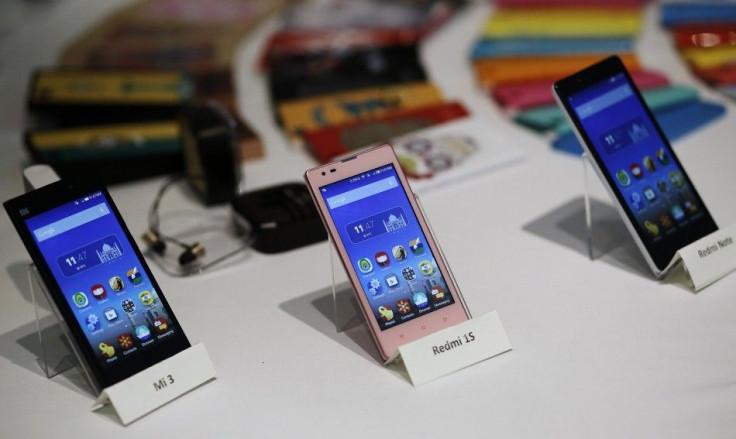Xiaomi Suspected to Leak Data to Chinese Servers, Points to Growing Instances of International Spying Using Gadgets and Software

The recent accusation against Xiaomi for having allegedly planted spying software in the smartphone's firmware that secretly transfers data to the company's Beijing servers brings to light the new dimension of international spying in the tech savvy times of today. What is even more intriguing is that turning off the MiCloud service on the smartphone that is believed to be the culprit does not help things either.
The device in question here is the Redmi Note which has been found to be leaking personal data by a Hong Kong-based tech enthusiasts Kenny Li. As mentioned in a forum post at IMA Mobile, the device streams data to the company's Mi Cloud servers while on Wi-Fi but has also been found to remain in touch with the Chinese servers during cellular connectivity via small handshakes. What could be even more disturbing for users of the RedMi Note device is that it continued to transmit data even after rooting or flashing it with a different Android ROM.
Xiaomi, in the meantime, has issued a statement claiming the pings that have given rise to the entire controversy were actually requests for data to its servers located in China. Among the data being requested includes location-based ads, holiday greetings, jokes and such. Xiaomi also stated it won't get into any kind of activity that could jeopardise its international ambitions.
Interestingly, this isn't the first time that Chinese manufacturers have come under the scanner for their spying antics. As reported in the Verge, ZTE and Huawei were accused of colluding with Chinese government agencies in allowing their devices to be used for international snooping. If that is not enough, America's NSA, too, is accused to have run a massive worldwide espionage ring using devices and software, as revealed by Edward Snowden.
China has also initiated investigations against Microsoft on charges of monopolistic behavior, reports Windows IT Pro. That is not all, as use of Microsoft's Windows 8 also stands banned in Chinese government agencies on suspicions of the Redmond company stealing government details or even national secrets. Apple's iPhone, too, has come under the radar in China where the smartphone's frequent locations function is suspected to be stealing state secrets, an accusation that Apple has vehemently denied, reports BBC. Frequent Location keeps a tab on the location the iPhone users visit most frequently to help improve location-based functions.
Russia, too, has expressed similar inhibitions against American companies and has called for developing in-house software and hardware solutions that can replace those from American companies, as revealed in RusBase.





















